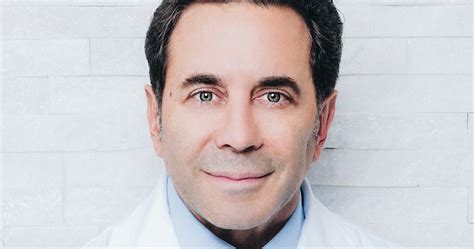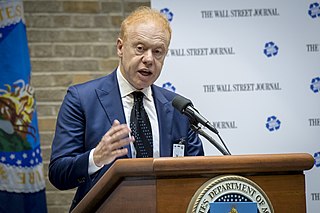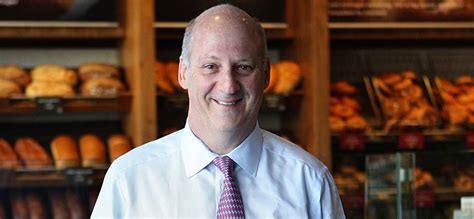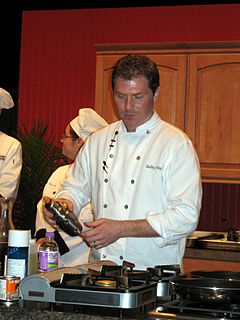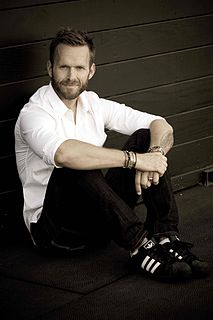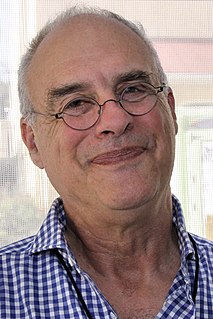A Quote by Robert Lustig
The assumption was that a calorie is a calorie. Nothing could be further from the truth. The food industry wants you to believe that because it works for them. If a calorie is a calorie, then why would you pick on any individual food stuff?
Related Quotes
For some roles, like when I was doing Bent, that was harder and I didn't find that helpful because I was so calorie deprived, my brain wasn't getting food. I would end up not being as focused or as clearheaded as I would have liked to be during the run of the performances. I would lose those quality impulses that you lean on when you're acting because of malnutrition. basically. But I looked skinny.



